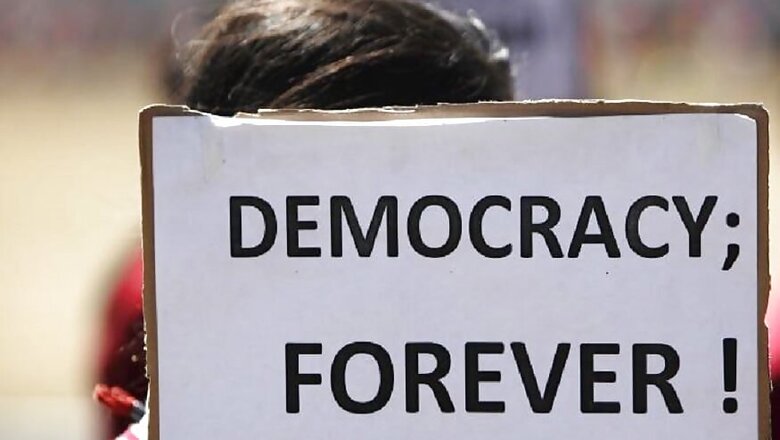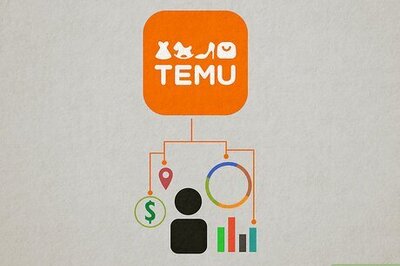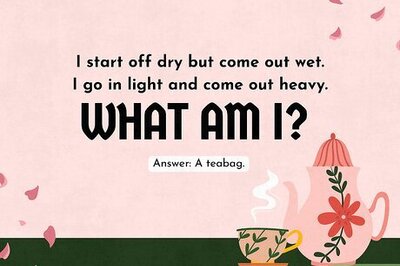
views
New Delhi: India, the world’s largest democracy, dropped 10 places to 51st on The Economist’s Democracy Index 2019, with a decline in its overall score from 7.23 in 2018 to 6.9 last year. India is classified as a “flawed democracy”.
The index, in its 12th edition, termed the erosion of civil liberties as the primary cause of India's democratic regression. This is India’s lowest rank since the index began in 2006.
The Economist Intelligence Unit’s (EIU) ‘Democracy Index’ is based on five categories: electoral process and pluralism, the functioning of government, political participation, political culture, and civil liberties. Based on the scores (on a scale of 0-10) on a range of indicators within these categories, the index then classifies a particular country as one of four types of regime: “full democracy”, “flawed democracy”, “hybrid regime” or “authoritarian regime”.
Across the five categories, India scored 8.67 in ‘electoral process and pluralism’, 6.79 in ‘functioning of government’, 6.67 in ‘political participation’, 5.63 in ‘political culture’, and 6.76 in ‘civil liberties’. India’s score has witnessed a fall in all but the categories of ‘functioning of government’ and ‘political culture’.
While India has never made it to the "full democracy” category (a score of more than 8.0), the country’s score has been on a consistent decline since 2014, with 2016 being the only exception when it saw a marginal increase over the previous year.
In 2014, the year when the BJP came to power at the Centre, the index had rated the country at an all-time high of 7.92. This shrank to 7.74 in 2015 before rising again to 7.81. The score fell and remained stagnant at 7.23 during 2017 and 2018. It has fallen below 7 for the first time this year.
Between 2006 and 2013, India’s score had registered a rise every year after a dip in 2010 when it was rated 7.28.
Pointing out India’s regression, the index has put significant emphasis on the government’s moves in Jammu and Kashmir since last August (when the state's special status was revoked and it was bifurcated into Union Territories), the National Register of Citizens (NRC) in Assam, and the new Citizenship Amendment Act (CAA).
“The Indian government stripped the Jammu and Kashmir (J&K) state of its special status by repealing two key constitutional provisions granting it powers of autonomy…Ahead of the move, the government deployed a large number of troops in J&K, imposed various other security measures and placed local leaders under house arrest, including those with pro-India credentials. The government also restricted internet access in the state,” the report said.
It said the “new citizenship law has enraged the large Muslim population, stoked communal tensions and generated large protests in major cities”.
Overall, almost one-half (48.4%) of the world’s population lives in a democracy of some sort although only 5.7% reside in a “full democracy”, down from 8.9% in 2015 as a result of the US being demoted from a “full democracy” to a “flawed democracy” in 2016. More than one-third of the world’s population lives under authoritarian rule, with a large share in China.
As per the report, 76 of the 167 countries covered by the model, or 45.5% of all countries, can be considered to be democracies. The number of “full democracies” increased to 22 in 2019, up from 20 in 2018, as Chile, France and Portugal joined the top-ranked countries, while Malta was relegated to the “flawed democracy” category.
The number of “flawed democracies” fell by one to 54 in 2019.
Of the remaining 91 countries in the index, 54 are “authoritarian regimes”, up from 52 in 2018, and 37 are classified as “hybrid regimes”, down from 39 in 2018.

















Comments
0 comment